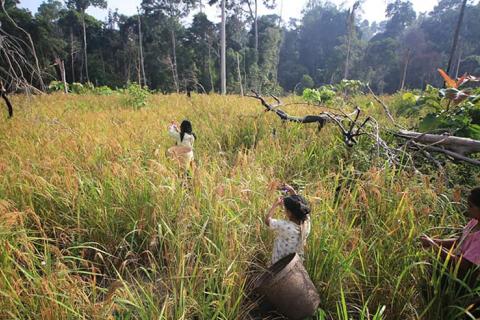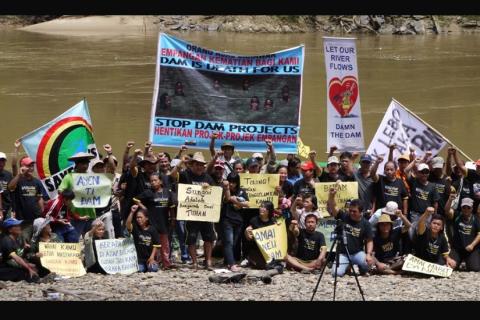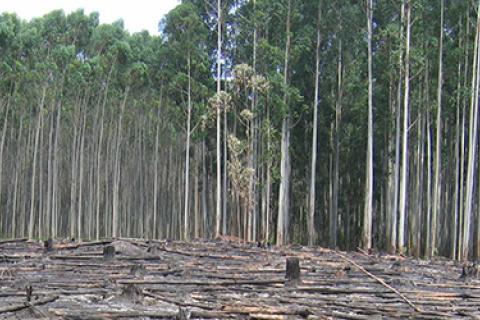Bulletin articles
Almost 20 years ago, in the Japanese city of Kyoto, the Oilwatch network along with over 200 other organizations launched the pioneering proposal of the oil moratorium, in order to put an end to the problems that occur where fossil fuels are extracted, and also as the most effective way to combat climate change. Since then the campaign to leave hydrocarbons underground has spread all over the world. Oilwatch's arguments have finally been heard and embraced by many people.
Years before governments adopted the Paris Agreement, international initiatives promising millions of hectares of reforestation and forest restoration were launched, supposedly to benefit the environment and local communities. Yet, not one example of reforestation at scale exists that has achieved the promised benefits for communities and the environment.
The "conservation industry" – groups such as The Nature Conservancy, WWF, Conservation International, consultants and auditors of REDD+ projects – and funders like the World Bank celebrated the formal recognition of REDD+ in the Paris Agreement on Climate Change in December 2015. They have been lobbying for an inclusion of REDD+ into global carbon markets established by the UN's Kyoto Protocol for nearly a decade. For communities affected by REDD+ projects and programmes, however, the news will have been no reason to celebrate.
In December 2015, the Paris Agreement was celebrated with great fanfare. This agreement, part of the United Nations Framework Convention on Climate Change (UNFCCC), establishes new measures to reduce Greenhouse Gas Emissions, which are responsible for global warming.
Asia Tenggara: menghubungkan rakyat melawan investasi dan inisiatif konservasi skala-besar
WRM Bulletin 229_Bahasa version
เอเชียตะวันออกเฉียงใต้ : เชื่อมประสานประชาชนที่ต่อต้านโครงการลงทุนขนาดใหญ่และความริเริ่มด้านการอนุรักษ์
ฉบับที่ 229 - กุมภาพันธ์ / มีนาคม 2560










